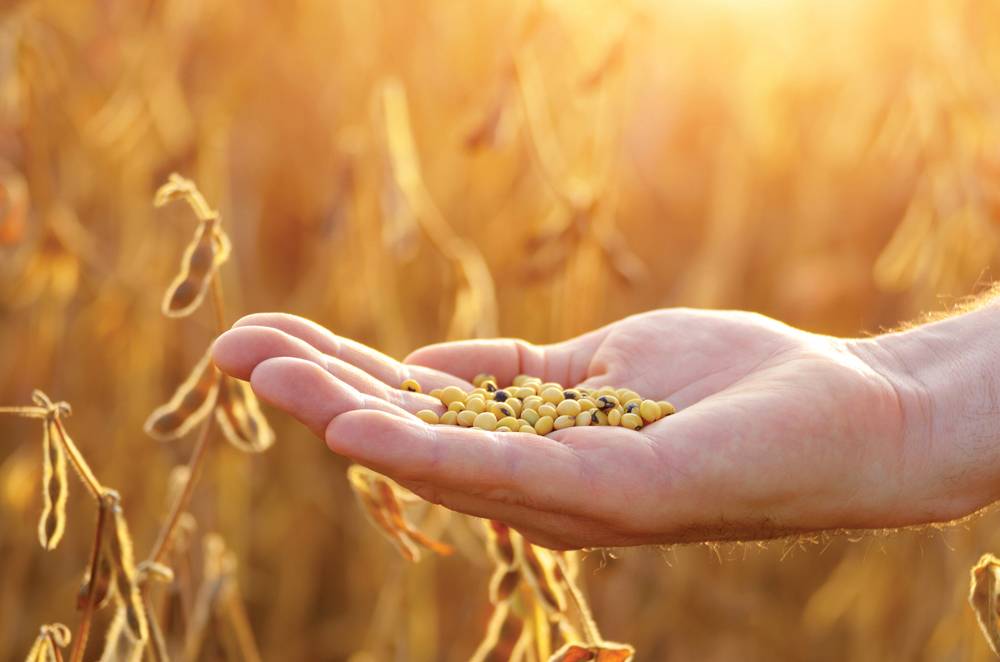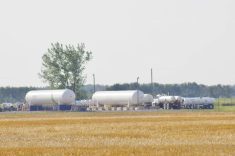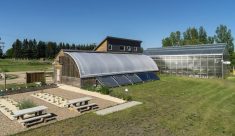Manitoba Pulse and Soybean Growers saw a sharp rebound in checkoff dollars in 2020 after a dismal 2019 — largely due to a late-year rally in prices.
“There was a big spike in price,” said Daryl Domitruk, MPSG executive director. “Farmers sold a lot more in 2020, probably than they had been planning to, to take advantage of that spike.”
This brought MPSG’s revenue higher than it might have been, Domitruk said.
MPSG’s 2021 financial report shows net checkoffs in 2020 were just below $3.4 million, which is average to slightly below average. In 2019, checkoff revenue was about $1 million lower at just under $2.4 million.
Read Also

Mazergroup’s Bob Mazer dies
Mazergroup’s Bob Mazer, who helped grow his family’s company into a string of farm equipment dealerships and the main dealer for New Holland machinery in Saskatchewan and Manitoba, died July 6 from cancer.
Checkoffs are a mandatory deduction off the selling price of farm commodities which is then sent to the appropriate commodity group (which the producer can request to be refunded). As a set percentage of the selling price, checkoffs are dependent on the amount of crop sold, and the price at which it’s sold.
Domitruk said in the past few years, MPSG’s revenue has gone down because Manitoba producers have planted fewer pulses and soybeans. Prices were also lower.
Soybean acres hit a record 2.2 million acres (2.3 million in some sources) in 2017 but have since declined each year. In 2020, Manitoba farmers planted about one million acres, down about 300,000 from 2019.
However, favourable growing conditions and no ‘harvest from hell’ made for significantly better yields. The average soybean yield in 2020 was 38 bu./ac. (above the 10-year average of 34 bu./ac.), up from 28 bu./ac. in 2019.
Meanwhile, factors like weather issues during the U.S. growing season and demand from a rebounding Chinese pork sector have boosted prices, according to market analysts.
It was also another good year for peas, with just over 145,000 acres of field peas, down slightly from 2019’s 160,000. The average yield was 57 bu./ac., up slightly from 53 bu./ac. in 2019.
A fairly dry year kept diseases mostly at bay, said Domitruk.
“We think that as long as we don’t get exceedingly high amounts of rainfall that peas will continue to do well,” Domitruk said. “We have our eye on root rot diseases for sure.
“Manitoba has not grown a lot of peas in the last 15 years, really,” he said. “So what we’re seeing is peas going back in into some farms for the first time in a while. We think that’s also beneficial for some diseases.”
As the Portage la Prairie Roquette pea-processing plant ramps up to full production, Domitruk said it’s likely more growers will be adding peas into the rotation for the first time in a long time.




















